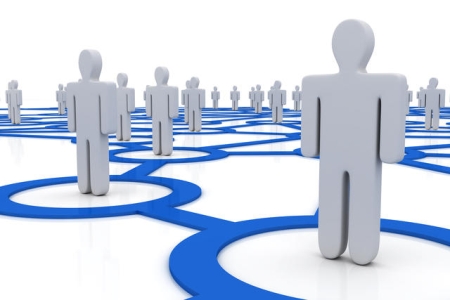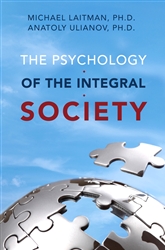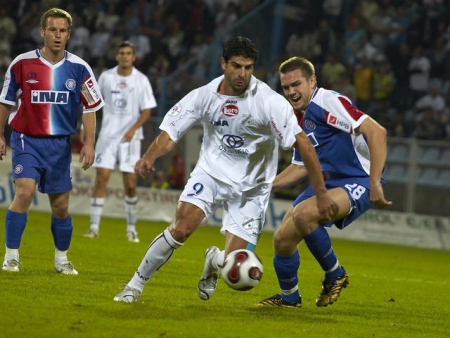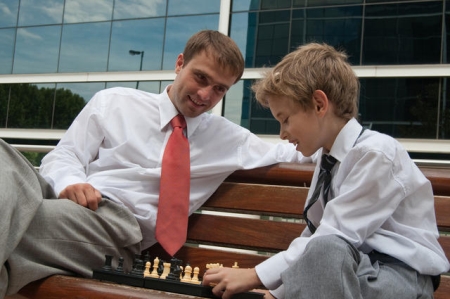How To Unite Love And Hatred Through Sports

Dr. Anatoly Ulianov: How can a soccer match be built so there is a feeling of unity afterwards?
Dr. Michael Laitman: Friendship is seriously missing in today’s sports. Many people talk about friendship, but competition is an expression of egoism. I am egoistically trying to achieve the maximum result, but by the rules.
If only we would see the inner, moral, and spiritual tension of a person who wishes to compete in order to attain a connection with others! I can reach this state by competing with you at throwing a javelin, for example. It is precisely competition in this world that gives a person the kind of connection with other people, that allows him to rise above to create a place of mutual unification.
Dr. Ulianov: The result is mutual?
Dr. Laitman: It’s mutual in every way! It affects the entire system of human relations. On the inside we will remain individualists and egoists who hate each other, and this feeling will be expressed in us more and more strongly, but above it we will have to discern our common superstructure of love. When these two levels become expressed in their full might, they will give us the sensation of the entire depth of the eternal, perfect nature, making us equal to it.
Can you imagine how these great achievements will change man? On the one hand, there is hatred, repulsion, and separation from others; and in sports the aspiration is to win no matter what. On the other hand, there is love, at the same time, total dependence and friendship, as if you are competing with your beloved child.
You would happily lose to him on purpose. But here you don’t do that. Here you have to act on both of these levels without pretending; you have to do it for real. As a psychologist, can you imagine such discernments?
Dr. Ulianov: No, it’s pretty hard for me to imagine it.
Dr. Laitman: What a psychologically complex concept! One has to come out of oneself, this is what has to happen in a person. That is how he will enter the next level, ascend into a different system, a different dimension.
There are three levels in Nature: still, vegetative, and animate. We are evolved animals. But when we unite on this level and begin to rise above ourselves, we enter the “human” level, which we didn’t know before. This is the level of common harmony.
Dr. Ulianov: The enormous potential of this action is clear. I just don’t understand how this unification is supposed to happen. How can we do it?
Dr. Laitman: Through gradual upbringing. There is no other way. This is the challenge that Nature has placed before us. This is exactly why we are entering the inclusive crisis today. It has to teach us how to rise above ourselves while maintaining today’s level in everything.
Everything that is currently done on earth will remain. We don’t have to break anything. Of course, we will eliminate the harmful production. But our task is to raise ourselves above this world, above the physical actions through self-education, self-attainment, and the right upbringing.
Dr. Ulianov: One of the definitions of love is to receive pleasure from whatever gives the other person pleasure…
Dr. Laitman: In spite of my hatred for him! This hatred is not eliminated. Otherwise the tension would be removed from the love and you would have to quarrel to feel the love more intensely.
Dr. Ulianov: In this team of 22 players, during the break after 10 minutes of playing I have to think about how much pleasure my friend from the other team experienced?
Dr. Laitman: Not only that. You have to aspire to unite on the level of opposite physical actions and goals, as well as on the level of the inner actions and the goal.
Dr. Ulianov: In thought?
Dr. Laitman: Yes, in thought. This is exactly inner, creative activity by which man creates himself and raises himself above the physical world.
The above points were taken from the book The Psychology of the Integral Society by Dr. Michael Laitman and Dr. Anatoly Ulianov. Also available as eBook (PDF, Kindle & ePub formats).










